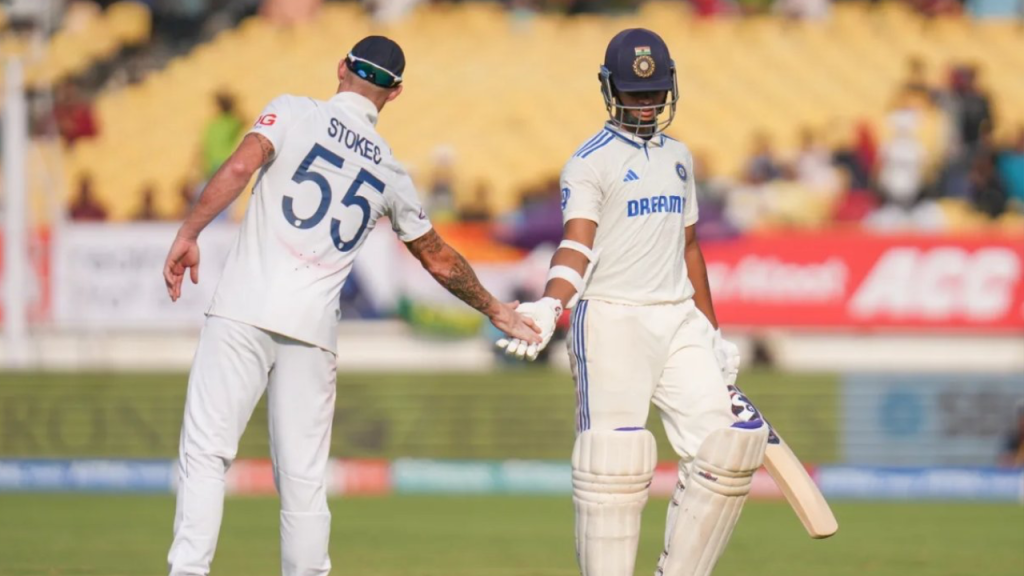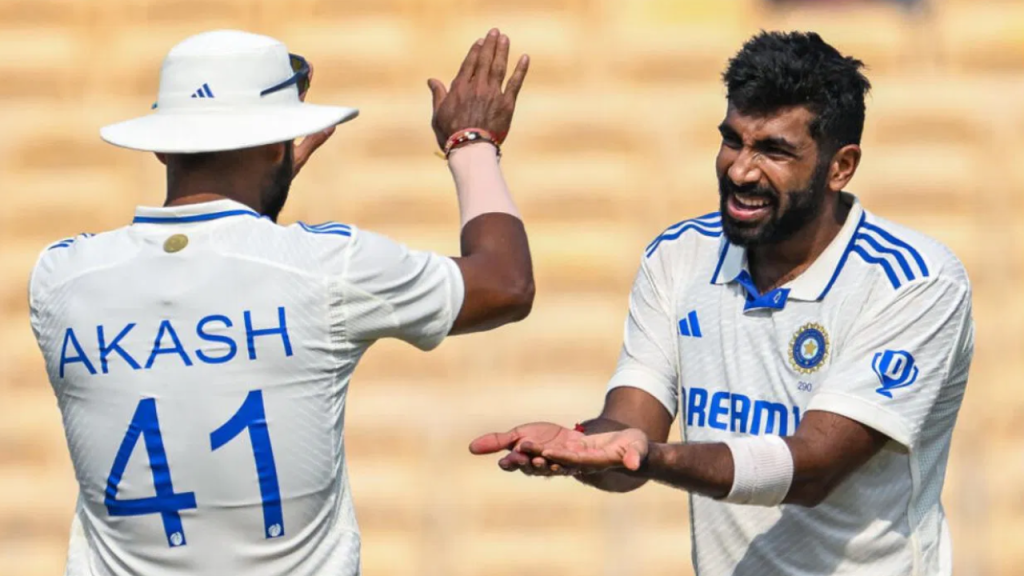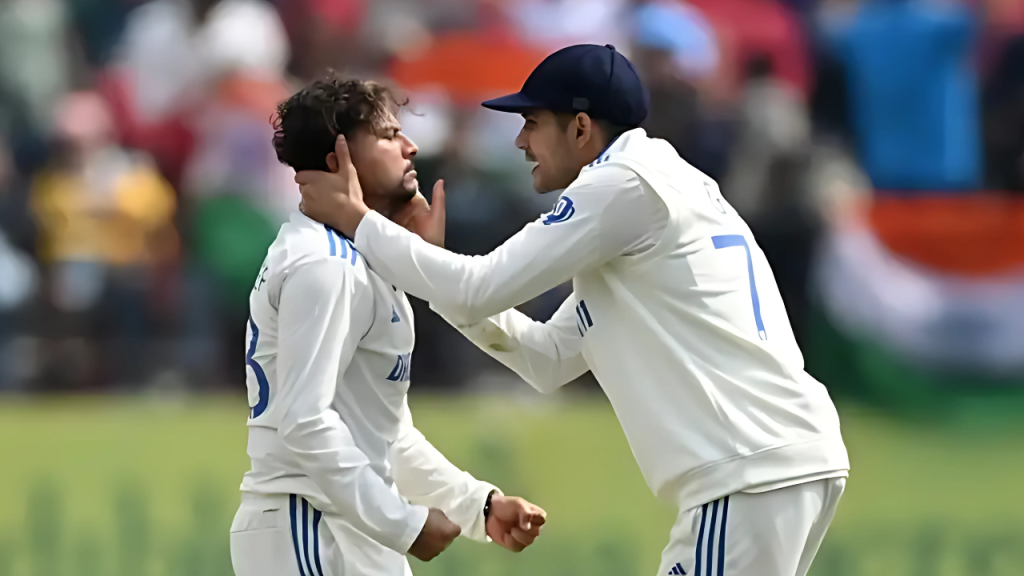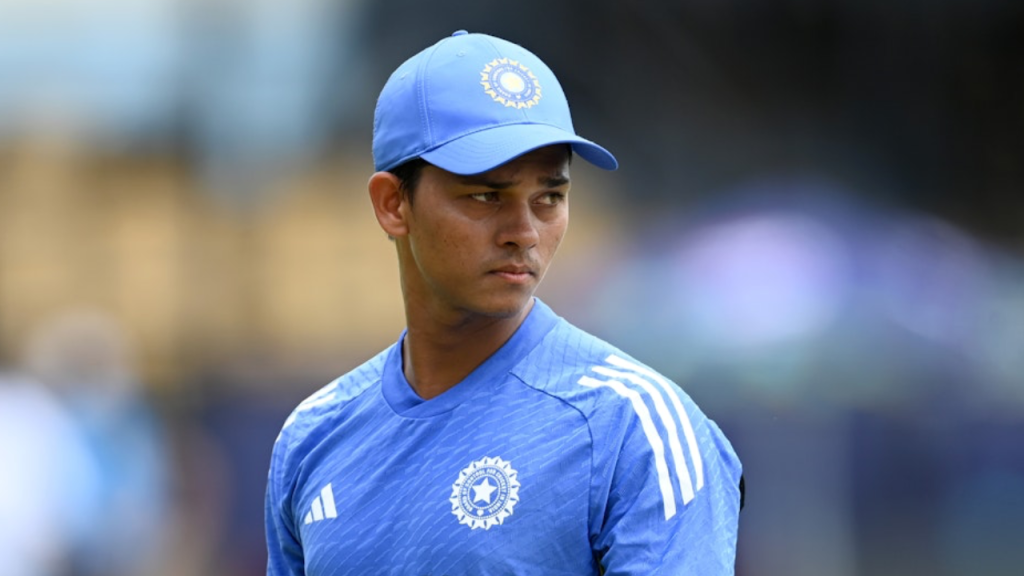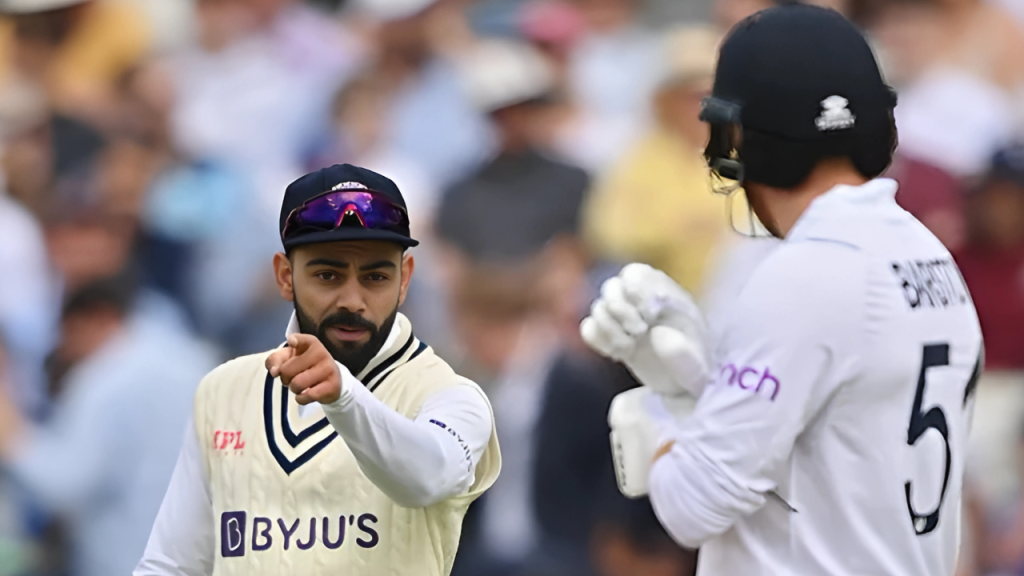Former Indian cricket selector Sunil Joshi has not minced words in his critique of the Indian cricket team’s senior players following their unexpected series loss to New Zealand at home. Despite the high expectations, the Indian team’s performance was lackluster, prompting Joshi to demand more accountability from the players.
Former Selector Slams Virat Kohli And Rohit Sharma:
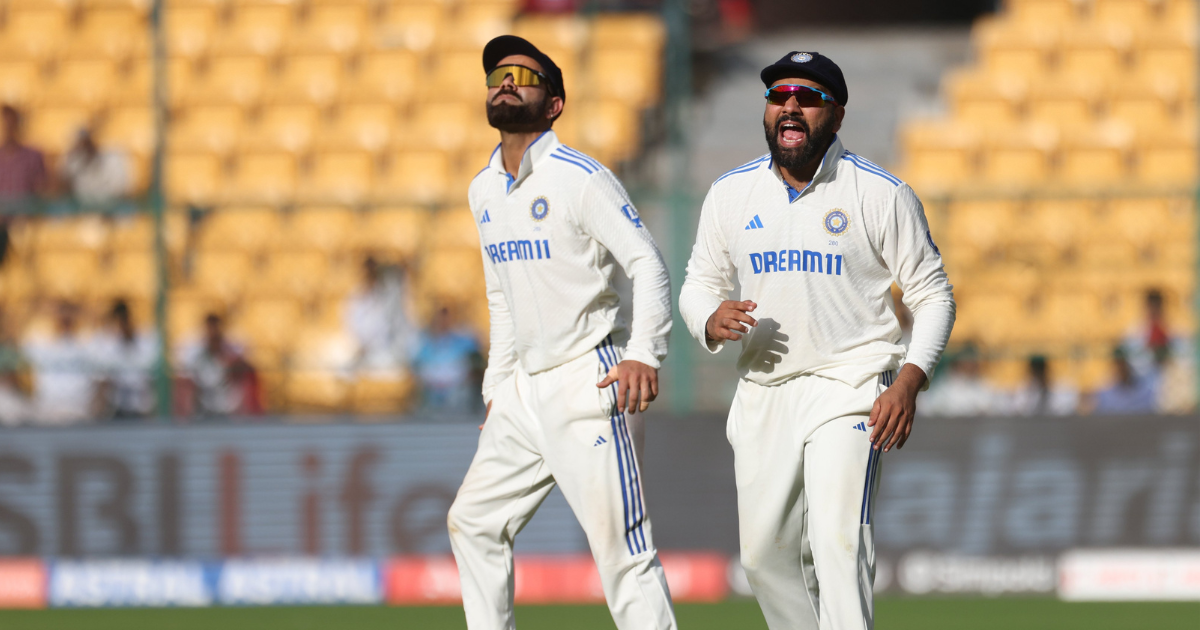
Disastrous Batting Display
The Indian batting line-up, known for its prowess, crumbled against the Kiwi bowling attack. In Bengaluru, India suffered one of their lowest Test scores, collapsing to 46 all out. The scenario did not improve much in Pune or Mumbai, where New Zealand’s spinners found the chinks in the Indian armor. This series unveiled a stark contrast between expectation and performance, with the Indian batters unable to cope with either pace or spin.
Kohli and Sharma Under Fire
Virat Kohli and Rohit Sharma, two stalwarts of Indian cricket, faced significant scrutiny for their performances. Kohli, with an average of just 15.50, and Sharma, not faring much better with 15.16, were expected to lead from the front. Instead, their scores raised questions about their readiness for the traditional format post their focus on limited-overs cricket.
Lack of Domestic Engagement
Joshi highlighted a critical aspect often overlooked – the players’ engagement with domestic cricket. He pointed out that both Kohli and Sharma skipped the Duleep Trophy, a decision he believes was detrimental. “Let’s not put everything on the BCCI,” Joshi insisted, urging players to take personal responsibility for their preparation. He emphasized that playing in domestic tournaments like the Ranji or Duleep Trophy is crucial for acclimatizing to conditions that mimic Test cricket scenarios.
Call for Player Initiative
Joshi’s critique extends beyond mere performance in matches. He calls for a cultural shift where players proactively seek to enhance their readiness. “Players need to take initiative,” he stated, suggesting that stars like Kohli and Sharma should willingly participate in domestic cricket to better prepare for international challenges.
This demand for initiative is not just about improving skills but also about demonstrating leadership and commitment to the team’s success. Joshi believes that if senior players like Kohli and Sharma show up for domestic cricket, it would not only prepare them better but also set a powerful example for younger teammates.
Future Implications
The repercussions of this series loss and the subsequent criticism could be manifold. For one, it might prompt a reevaluation of how Indian cricketers transition between formats. Additionally, it could influence selection policies, perhaps making participation in domestic cricket a more significant criterion, especially for players transitioning from T20 to Test cricket.
Sunil Joshi’s outspoken critique serves as a wake-up call, not just to Kohli and Sharma but to the entire cricketing fraternity. The message is clear: individual responsibility must complement institutional support to elevate the team’s performance on the global stage. As India regroups for future challenges, the actions of its players in the coming domestic season will be closely watched, potentially setting the tone for how Indian cricket manages its resources and talent in the years to come.
